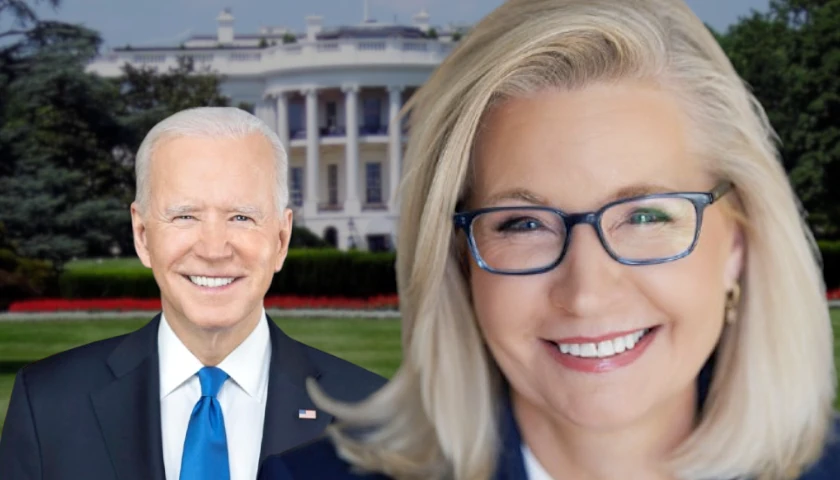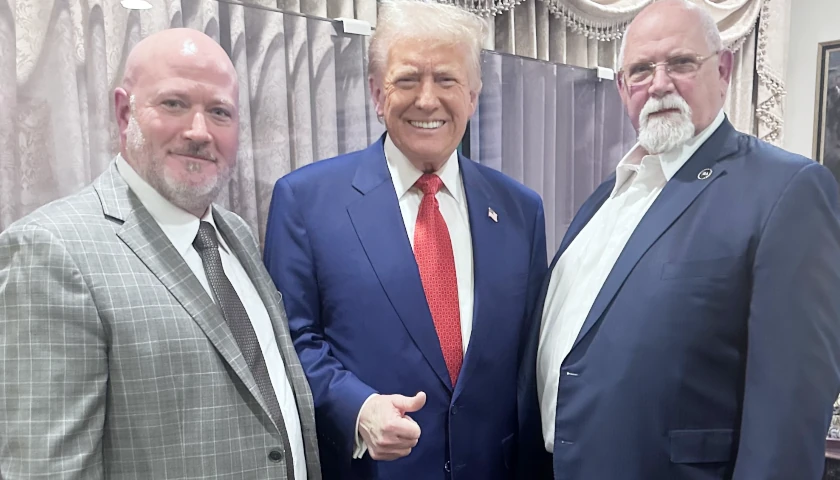Legislation filed last month in Virginia would require social media companies to obtain verifiable parental consent before allowing minors to create accounts on social media platforms, effectively raising the age for Virginia’s existing parental consent requirement from 13 to 18, while also prohibiting the sale of data collected about children.
Senate Bill 783 was submitted on December 27, 2024, by State Senator David Suetterlein (R-Roanoke), and the bill’s description explains it requires social media companies to obtain “verifiable parental consent” before any minor Virginian can create an account or at least “before collecting, using, or disclosing such child’s personal data,” specifically in a commercial transaction.
The legislation would specifically require social media companies to obtain such consent “prior to registering any child with the controller’s or processor’s product or service or before collecting, using, or disclosing such child’s personal data that has been verified by such child’s parent or guardian.”
Should a parent provide such consent for their child to join a social media platform, the company must then “give the parent or guardian the option to consent to the collection and use of the child’s personal data without consenting to the disclosure of such child’s personal data to third parties.”
In a statement to ABC 8 News, Suetterlein said his legislation would prevent the type of tracking of children society already considers unacceptable.
“We would never allow someone to follow a young person around a store, write down what they look at and just bombard them with advertising for weeks on end and that is exactly what we are allowing on the internet,” the senator told the outlet.
Of the age requirement, Suetterlein later added, “That same young person, we wouldn’t let them walk into a bar and say, ‘no I’m 21,’ and just leave it at that. It makes sense that we verify these things.”
The legislation resembles a Tennessee law passed in 2024, which similarly requires “reasonable age-verification methods to verify the age of individuals attempting to access” questionable material. That law was blocked on Thursday by a federal judge, who ruled in a preliminary injunction that the legislation undermines the First Amendment.
– – –
Tom Pappert is the lead reporter for The Tennessee Star, and also reports for The Pennsylvania Daily Star and The Arizona Sun Times. Follow Tom on X/Twitter. Email tips to [email protected].




